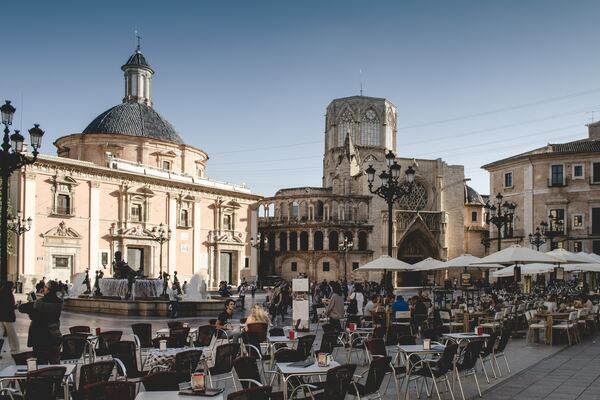Historic cities have particular challenges finding the best ways to move people around. Narrow streets mean bus lanes or segregated cycle lanes are not always the most straightforward solutions; cobbled streets require thoughtful consideration of accessibility for people of all abilities. We know transport options drive other choices in a city: fewer cars, for example, inevitably means more space for people, perceptively more attractive places, and a richer mix of urban experiences, while more active transport encourages healthier lifestyles by incorporating movement into the urban everyday.
Using inspiration from Valencia and Constanz and looking at technological innovations closer to Cambridge, this Workshop will explore how historic places are mixing ambition with pragmatism to deliver multi-modal mobility options fit for the 21st Century. It will look at the steps these cities have taken and the role of technology in them, alongside the lessons of successfully delivering controversial and oft-ridiculed plans.
Presenters: Charlotte May, Cities Advisor, Climate-KIC, and Dan Clarke, Head of Technology and Innovation, Greater Cambridge Partnership
Already booked your Congress ticket? You will be emailed a link for advanced registration.
Thumbnail photo of Valencia by William Carletti on Unsplash





